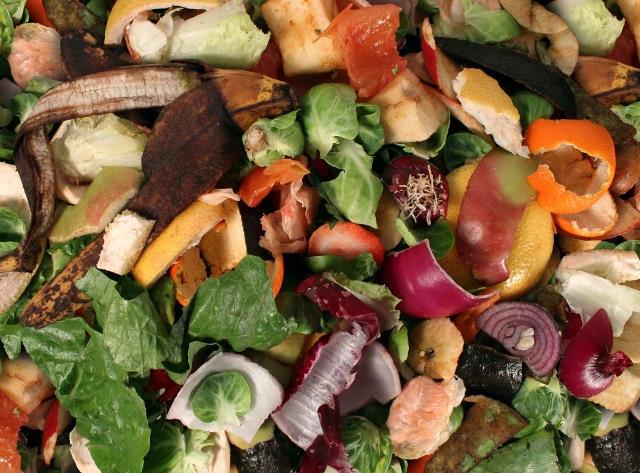Minus Global Holdings Inc. (Minus) has acquired Future Waste, a food and liquid waste management company based in Southwestern Ontario, Canada.
This acquisition follows the previous purchase by Minus of Planet Earth Recycling in 2022. Together, these companies are uniting to become one of the largest and most impactful organic recyclers in Southern Ontario, enhancing service standards, coverage, offerings, and processing capacity to customers.
These companies alongside Minus’s on-site food waste solutions provider ORCA Digesters are devoted to offering comprehensive, efficient, and responsible food and liquid waste management solutions to fit commercial customers across Canada and worldwide.
For the past 21 years, Future Waste has provided organic waste and recycling solutions with a strong emphasis on sustainability, cost-effectiveness, and tailored solutions for clients with various waste products and production practices.
Alongside food waste, Future Waste offers bulk liquid waste pumping, collection and disposal services and is licensed to handle off-spec alcohol.
Future Waste boasts an extensive customer portfolio containing some of North America’s largest food and beverage producers and retailers. Furthermore, Future Waste comes with a prestigious network of service partners that enables them to offer services across Canada.
With this acquisition, Minus will provide a larger and more bespoke level of service to all of its customers, through extended geographic reach, they will be able to further tailor their services to specific client needs.
Louis Anagnostakos, CEO of Minus, said: “We are very excited to welcome Future Waste to the Minus portfolio. Expanding our food waste collection and recovery network will enable us to assist more businesses in responsibly and transparently managing their unavoidable waste.
“With a focus on ‘LESS,’ the ever-growing Minus team is dedicated to supporting our customers in producing less waste, transporting it as minimally as possible, and maximizing the remaining resources within the waste.”


